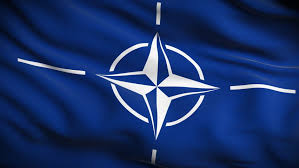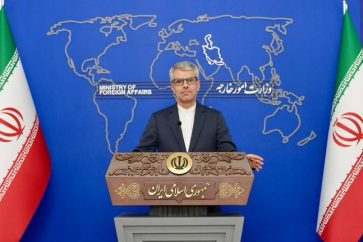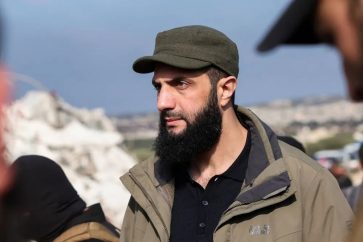European Court of Human Right’s Grand Chamber has dismissed a claim launched by an Afghan man, Abdul Hanan, who challenged the investigation into a NATO airstrike which killed his two sons, along with scores of others.
In 2009, German Colonel Georg Klein, commander of the Kunduz Provincial Reconstruction Team (PRT), ordered an airstrike against two stationary oil tankers, surrounded by crowds of civilians, that had been commandeered by Afghan insurgents. Over 100 people, mostly civilians, were killed or injured when two US fighter jets carried out the orders of Colonel Klein. Two of the civilian victims were Abdul Bayan and Nesarullah, aged 12 and 8 years old respectively, both sons of Abdul Hanan.
Although an investigation was opened up by German authorities, it was then closed down in April 2010, and no further action was taken. All other German authorities refused to investigate the matter, and no formal apology has ever been offered.
“Colonel Klein failed to sufficiently verify whether and how many civilians were in the vicinity of the tankers prior to the attack. The German government and military tried to protect Colonel Klein and the other responsible parties by covering up the consequences of the airstrike”, The European Center for Constitutional and Human Rights (ECCHR) says.
The German government’s position remains that the airstrikes were “permissible under international law and thus justified under criminal law”.
“The Federal Prosecutor General determined that Colonel K. had not incurred criminal liability mainly because he had been convinced, at the time of ordering the airstrike, that no civilians were present at the sand bank [where the tankers were located]”, the Court observed when examining the German investigation into the attack.
Colonel Klein, “had thus not acted with the intent to cause excessive civilian casualties, which would have been required for him to be liable under the relevant provision of the Code of Crimes against International Law. His liability under general criminal law was ruled out [by German authorities] due to the lawfulness of the airstrike under international humanitarian law”, the Court explained.
The ECCHR assisted Abdul Hanan in bringing his case to the European Court of Human Rights (ECtHR) in Strasburg, Germany in 2016. The case was ultimately heard in February 2020 in the ECtHR’s highest court, the Grand Chamber. Abdul Hanan’s lawyers argued that the German Federal Prosecutor’s probe was “insufficient”, as they had failed to conduct “a genuine and thorough investigation”.
Source: Sputnik




